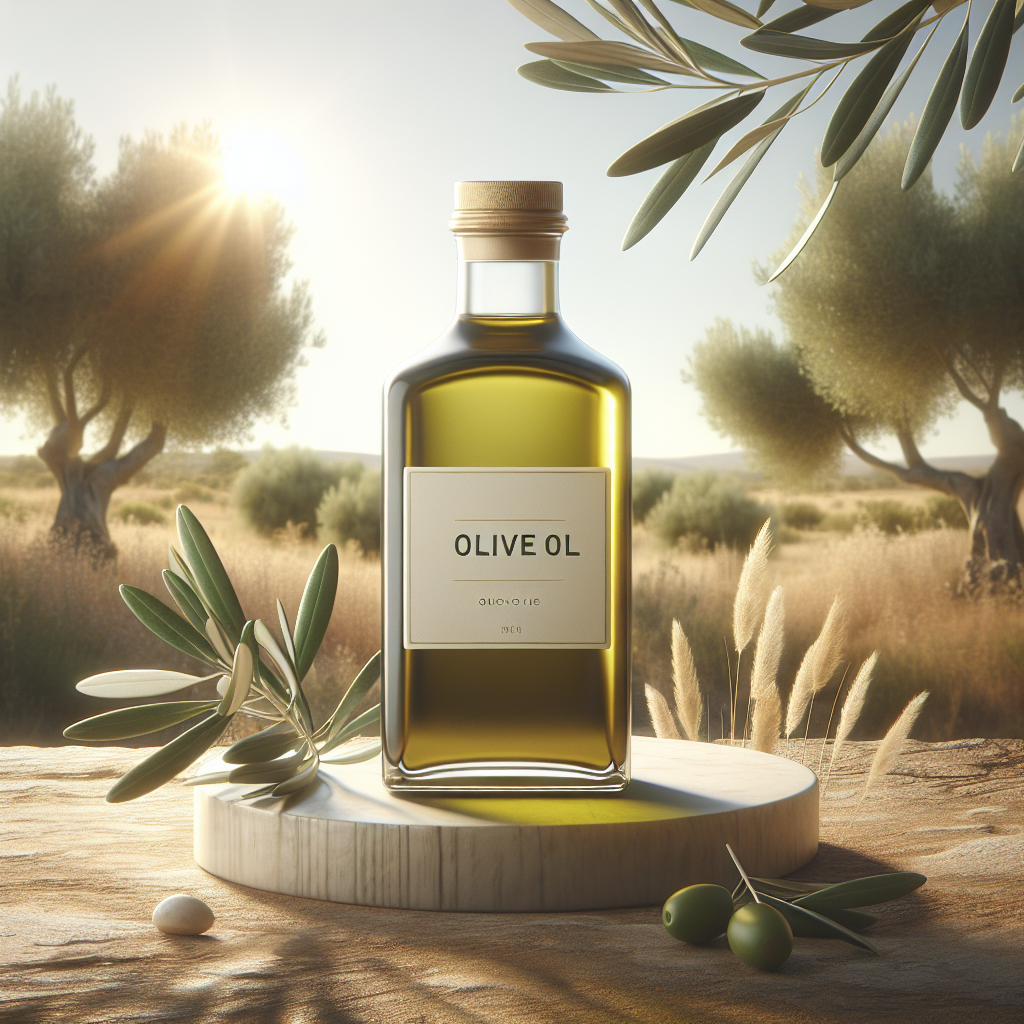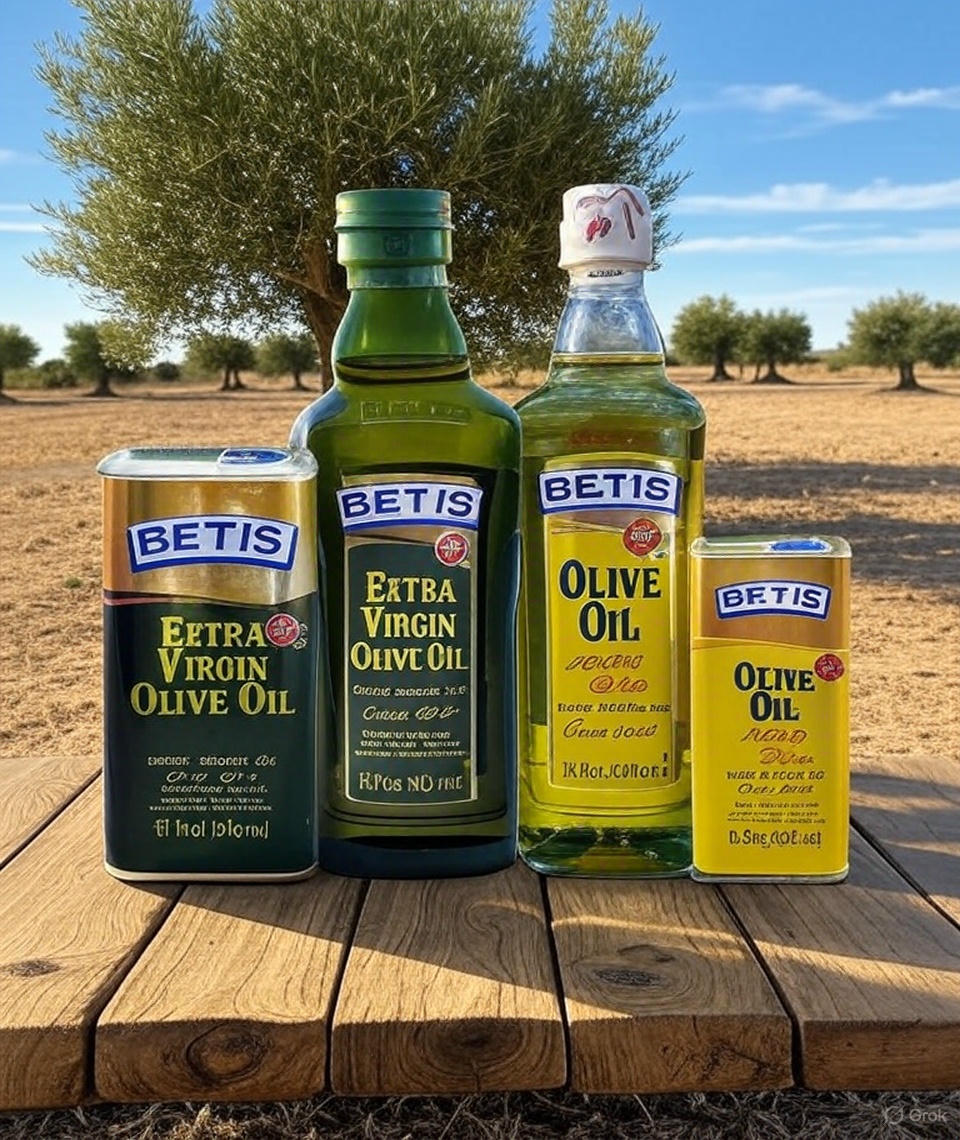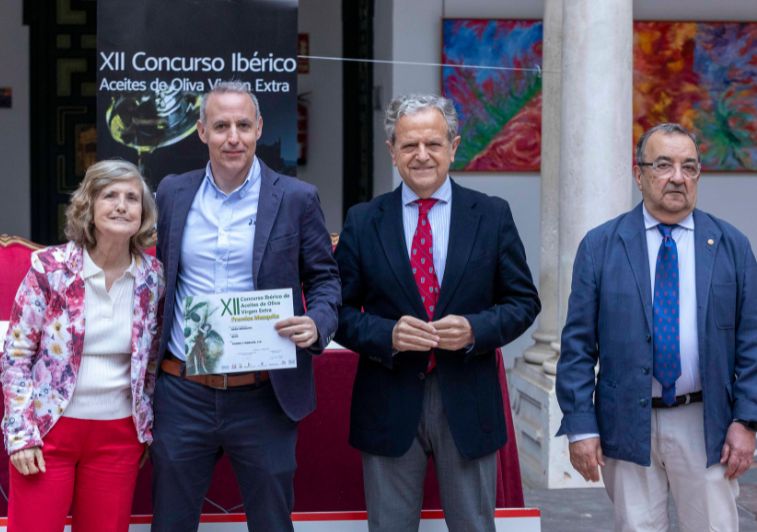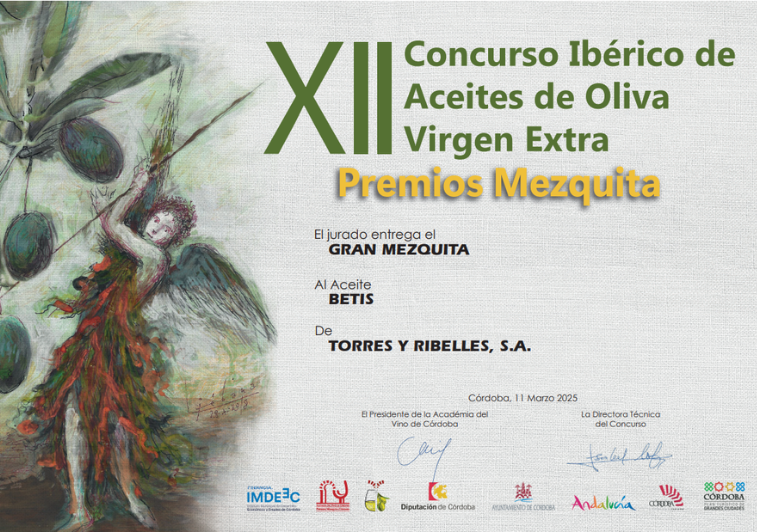THE MELIPOP PROJECT

The Regulatory Council of the PDO Poniente de Granada, in collaboration with the Universities of Granada and Zaragoza, has held a technical conference dedicated to the Mediterranean Diet and children's health, within which the Melipop Project has been presented (MEditerranean Lifestyle in Pediatric Obesity Prevention), which aims to conduct a study of the influence of a healthy and balanced diet on the prevention of childhood obesity.
The day was attended by the Delegate of the Ministry of Agriculture, Fisheries and Rural Development in Granada as well as with the interventions in the same of Ángel Gil Hernández, Professor of Biochemistry and Molecular Biology at the University of Granada, Emilio Martínez de Victoria, professor of Physiology of the University of Granada, Luis A. Moreno Aznar, Professor of Health Sciences of the University of Zaragoza, and María Dolores Mesa García, Professor of Biochemistry and Molecular Biology at the University of Granada.
This is a multi-center clinical trial, in parallel, randomized and controlled, in a group of children from 3 to 6 years old at the beginning and at risk of obesity, in order to assess whether an intervention during childhood, considering a style of healthy life, based on the promotion of a Mediterranean diet pattern and regular physical activity (compared with a control group) decreases the incidence of obesity between 5 and 10 years after the start of the intervention.
The main objective is to reduce the incidence of obesity. The high risk of obesity is defined when at least the mother has a body mass index (BMI) > 30 kg./m2.
The clinical trial will be carried out in Health Centers of seven Spanish cities: Barcelona, Cordoba, Pamplona, Reus, Santiago de Compostela, Valencia and Zaragoza. Although the objective is to maintain the intervention and follow-up for 10 years, this project aims to carry out the pilot study in 175 children, including the first three months of intervention.
Two groups will participate in the trial:
-
The control group will receive general education (usual care) by Primary Care professionals.
-
The intervention group will receive detailed education on the Mediterranean lifestyle (Mediterranean Diet and promotion of physical activity), providing families with extra virgin olive oil and fish, which should be consumed at least three times a week. In addition, three free weekly sessions of 60 minutes of moderate / intense physical activity will be organized for the children.
This study represents an important opportunity to promote extra virgin olive oils and is an example of the much-needed public-private collaboration to generate knowledge that endorses the healthy benefits of the consumption of quality extra virgin olive oil.
SOURCE: olimerca.

 United States
(English)
United States
(English) Spanish
(Español)
Spanish
(Español) Chine
Chine


















